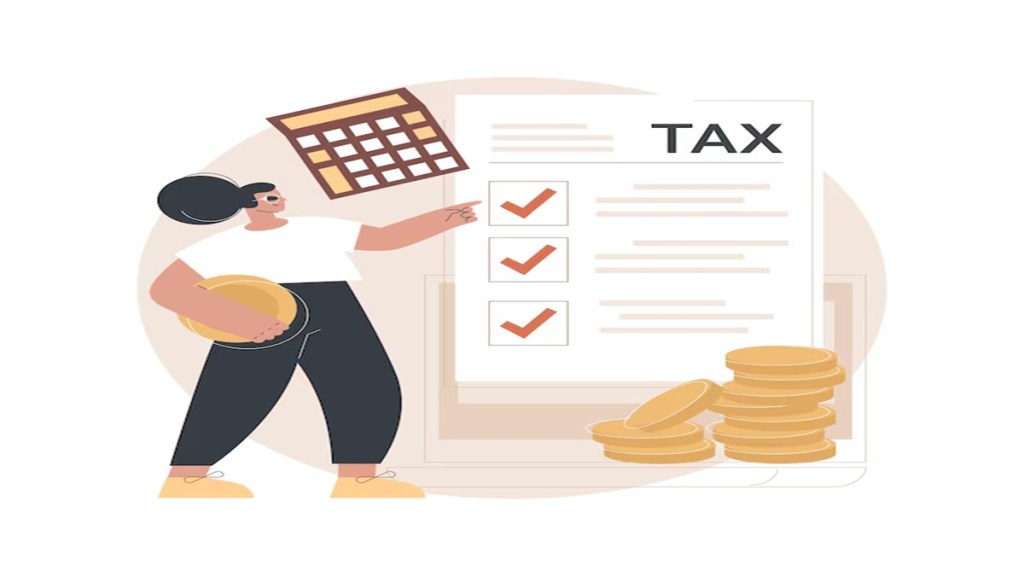Ahead of the Union Budget 2024, tax experts have called for a more flexible tax system, urging the government to allow all taxpayers the option to switch between tax regimes.
They argue that this change in taxation policy would help taxpayers plan their investments in a better manner, ultimately leading to a more taxpayer-friendly system. If the government allows taxpayers this flexibility, this would promote fairness and efficiency in the tax framework.
Who can switch personal income tax regimes in India?
Earlier, when the new tax regime was introduced there was no restriction on how many times one can change tax regime, irrespective of the status of the taxpayer. Both non-salaried and salaried taxpayers were allowed to change the tax regime next year from the other regime they opted in that particular financial year.
However, now only individual and HUF taxpayers have the option to choose between the old and new tax regimes on a year-by-year basis. Those earning income from business or profession who opt out of the current new tax regime under Section 115 BAC can only return to it once.
This restriction places diligent and compliant professionals at a significant disadvantage. Consequently, it is expected that the Union Budget 2024 will introduce greater flexibility, allowing professionals to switch between the old and new tax regimes on an annual basis, say experts.
Union Budget 2023: Key Changes in Tax Regime Switching Rules
In the Union Budget 2023, the government introduced significant changes to the rules for switching income tax regimes. One major update was designating the new tax regime as the default option if a taxpayer does not specify their preference. Additionally, individuals with business income and non-salaried professionals are now permitted to switch their tax regime only once. This means that if they opt for the new tax system, they will not be able to revert to the old regime.
Taxpayers earning income from a business or profession are restricted to changing tax regimes only once. They have the option to switch between the old and new regimes during ITR filing. To make this transition, they must submit Form 10-IE along with their ITR.
Also read: Budget 2024 Expectations: Big tax breaks likely for individuals earning up to Rs 10 lakh annually
What is Form 10IE?
Taxpayers — whether individuals or HUFs — with business or professional income are required to file Form 10-IE when opting for the new tax regime. This form serves as a declaration of your switch to the new regime and must be submitted before filing your ITR. By completing this form, you notify the Income-Tax Department of your updated tax regime choice.
